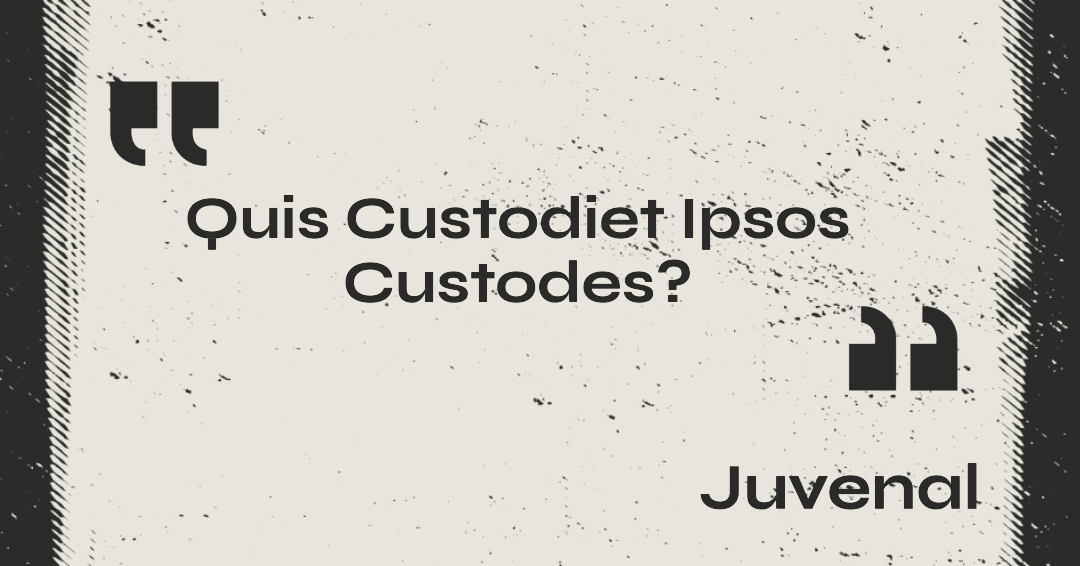
The National Assembly of Armenia has passed another interesting law, which, however, hasn’t garnered much public attention. Even after the adoption of the bill, there have been no significant discussions on the matter, and it hasn’t become the focus of public attention.
This law gives the State Revenue Committee the authority to keep track of all transactions made in our accounts. The state will monitor the inflow and outflow of funds in the accounts and have access to information on the balance at the beginning and end of the year, as well as the amount deposited and withdrawn throughout the year.
The SRC may ask for additional information from you. If you receive such a request, you must submit your bank statement within a week at most. If you fail to do so, your case will be sent to court. These regulations will soon become law, pending the signature of the president of the republic.
Let’s agree that this is excellent news, particularly with the decreasing threshold for cash transactions, which makes financial movements more transparent to the government.
Of course, you may say that this is necessary to fight against the shadow economy, abuses, corruption, terrorists, and other negative elements, and so on, and you will be correct.
A necessary precaution, just like intercepting phone calls, infecting people’s phones with spyware, collecting data from cameras, and receiving location data from mobile operators, are all essential elements of the state’s security functions. These methods help us fight against malicious activities and protect the public from threats.
The issue is that there are conflicting interests between state security and civil liberties, personal privacy, and freedom of speech. Unfortunately, in Armenia, security concerns are no longer viewed as a collective issue and have become the sole responsibility of the state apparatus. Decisions and bills regulating various sectors are often passed without sufficient public or professional discussions.
And most importantly, all the strictures that lead to the transparency of citizens’ lives are adopted without balance mechanisms, without public control, which would prevent superstructures with unlimited possibilities in Armenia. Which would allow control to avoid abuses, the use of information by corrupt officials for personal purposes, the use of leverage by state institutions against opponents, etc., etc.
We are gradually turning into a society that is more and more controlled by digital technologies. Unfortunately, the political society that is supposed to defend the people’s rights often remains silent on this issue. This silence encourages state institutions to move towards a future that may resemble a digital concentration camp. I admit that this may sound like an exaggeration, but it is a valid concern. We should ask ourselves the eternal question of the eternal city: Quis custodiet ipsos custodes (who will watch over the guards)?
Samvel Martirosyan
The views expressed in the column are those of the author's and do not necessarily reflect the views of Media.am.


Add new comment
Comments by Media.am readers become public after moderation. We urge our readers not to leave anonymous comments. It’s always nice to know with whom one is speaking.
We do not publish comments that contain profanities, non-normative lexicon, personal attacks or threats. We do not publish comments that spread hate.